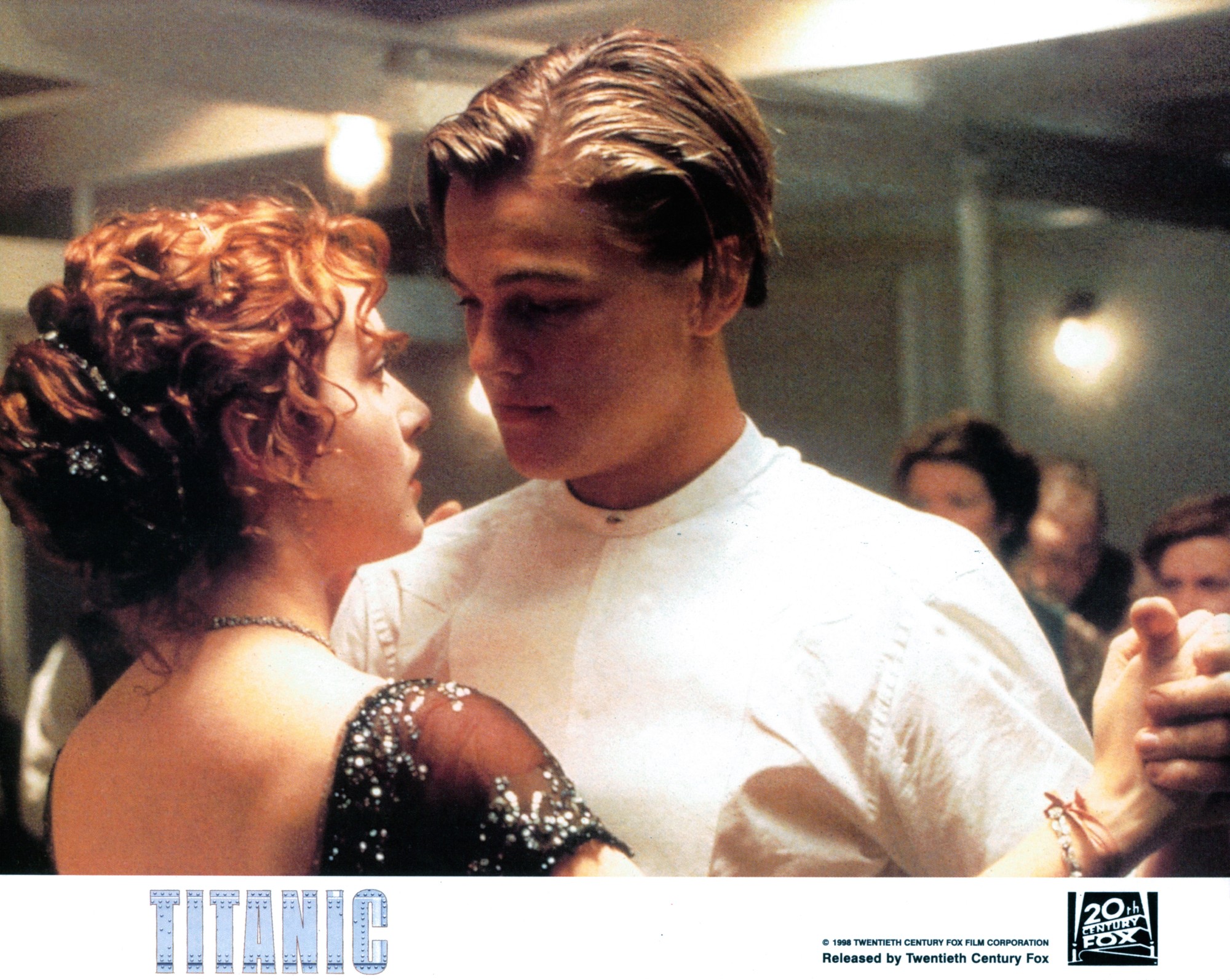Nostalgic America
Thumbs Up or Down? Siskel and Ebert on Classic Films of the Past
By Bruce Berns · December 1, 2024
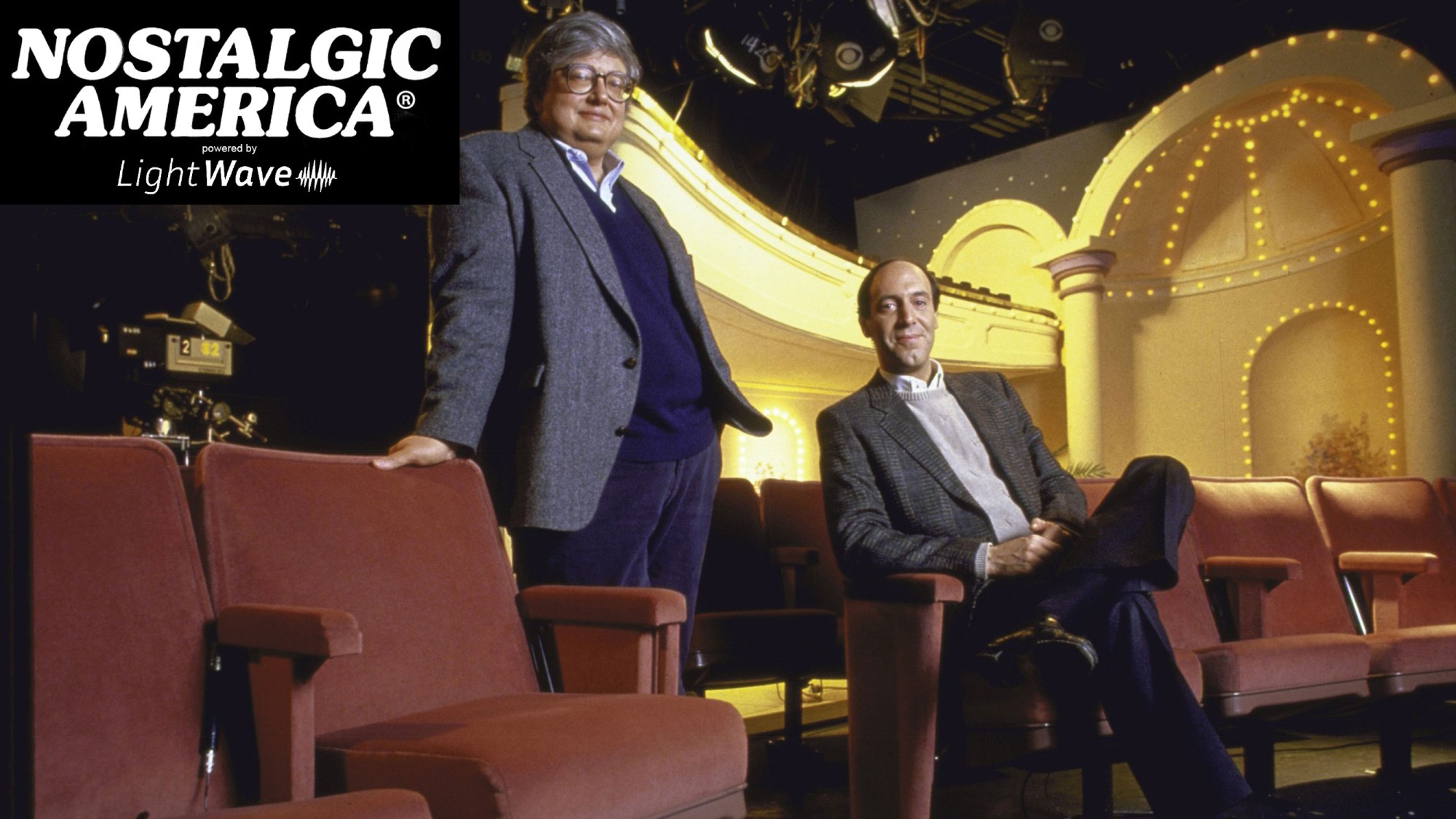
SISKEL AND EBERT MOVIE REVIEWS
Beginning in the late 1970s, Gene Siskel of the Chicago Tribune and Roger Ebert of the Chicago Sun-Times brought insightful, passionate, and often fiery debates to audiences. Their trademark "thumbs up, thumbs down" rating system became synonymous with film critique.While their tastes often diverged, their chemistry and mutual respect elevated their discussions, making cinema more accessible and engaging. Siskel and Ebert’s legacy endures as pioneers of popular film criticism, shaping how audiences evaluate and appreciate movies for decades. Getty Images / Nostalgic America, Inc.
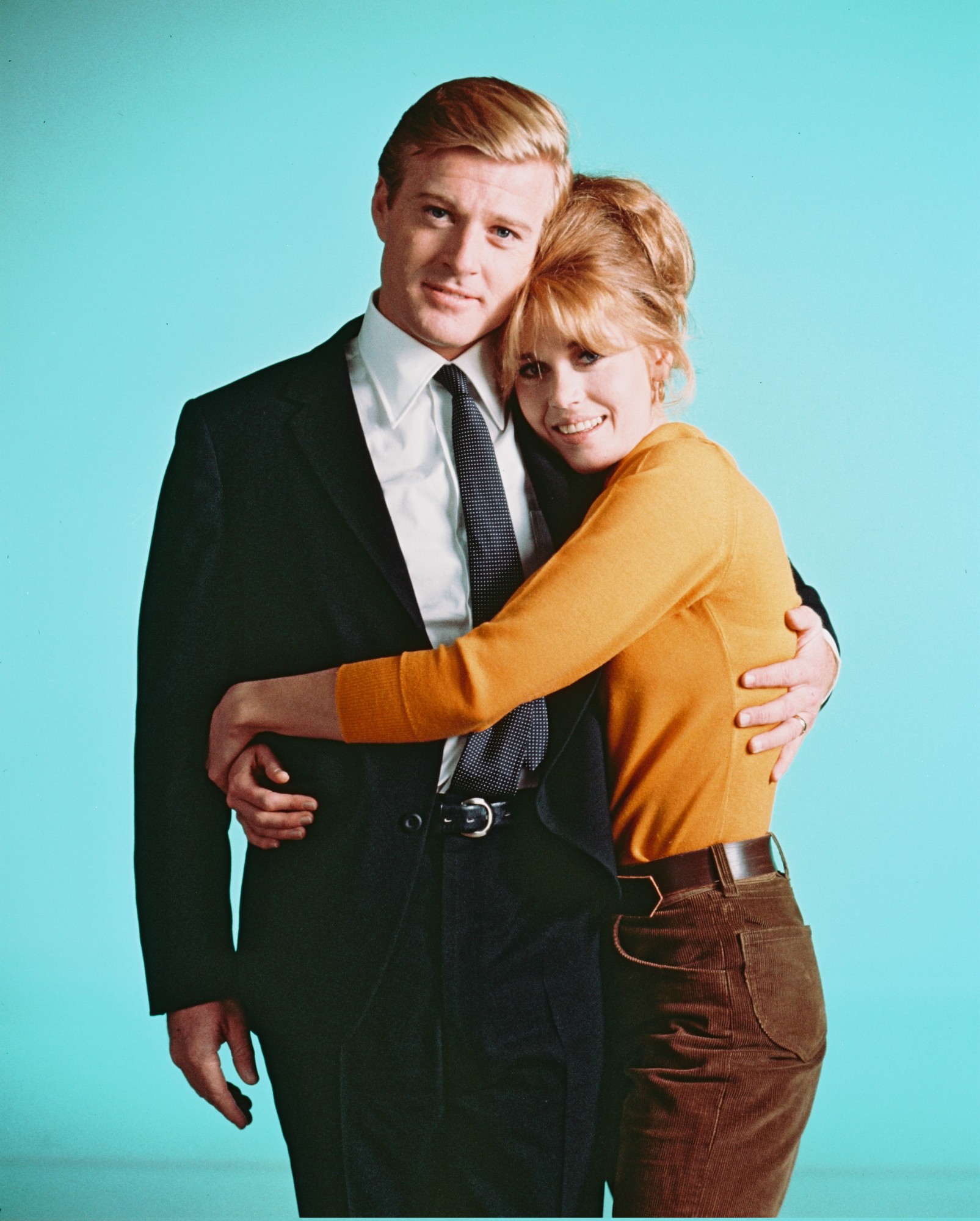
Barefoot in the Park
Siskel and Ebert praised Barefoot in the Park for its witty dialogue and the charming chemistry between Jane Fonda and Robert Redford. They noted that Neil Simon’s adaptation of his stage play retained its humor while capturing the relatable struggles of newlyweds. Siskel appreciated the breezy tone and the performances, particularly Mildred Natwick’s scene-stealing role. Ebert highlighted the film's New York City setting as a character in itself, adding depth to the story. Both agreed that the movie’s comedic exploration of love and compromise felt timeless, making it a delightful romantic comedy. Getty Images / Nostalgic America, Inc.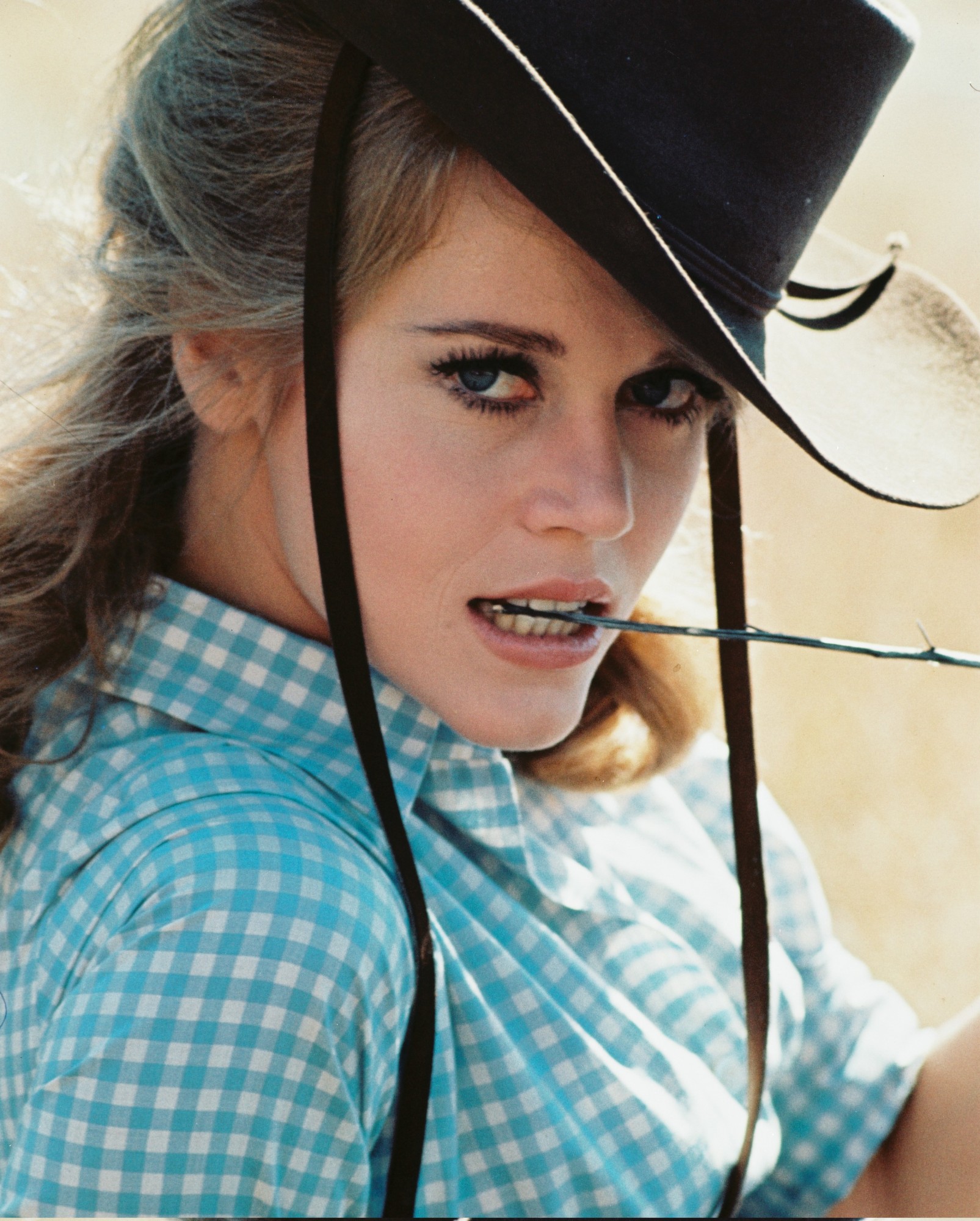
Cat Ballou
The critics lauded Cat Ballou for its playful twist on the Western genre. Jane Fonda’s spirited performance and Lee Marvin’s Oscar-winning dual roles as the drunken Kid Shelleen and his villainous counterpart stood out. Ebert called the film a “cheerful parody,” applauding its humorous approach to traditional cowboy tropes. Siskel admired the balance between comedy and action, as well as the film’s lively musical interludes featuring Nat King Cole. Both agreed that Cat Ballou was a refreshing and inventive Western, blending humor with a sharp critique of the genre’s conventions. Getty Images / Nostalgic America, Inc.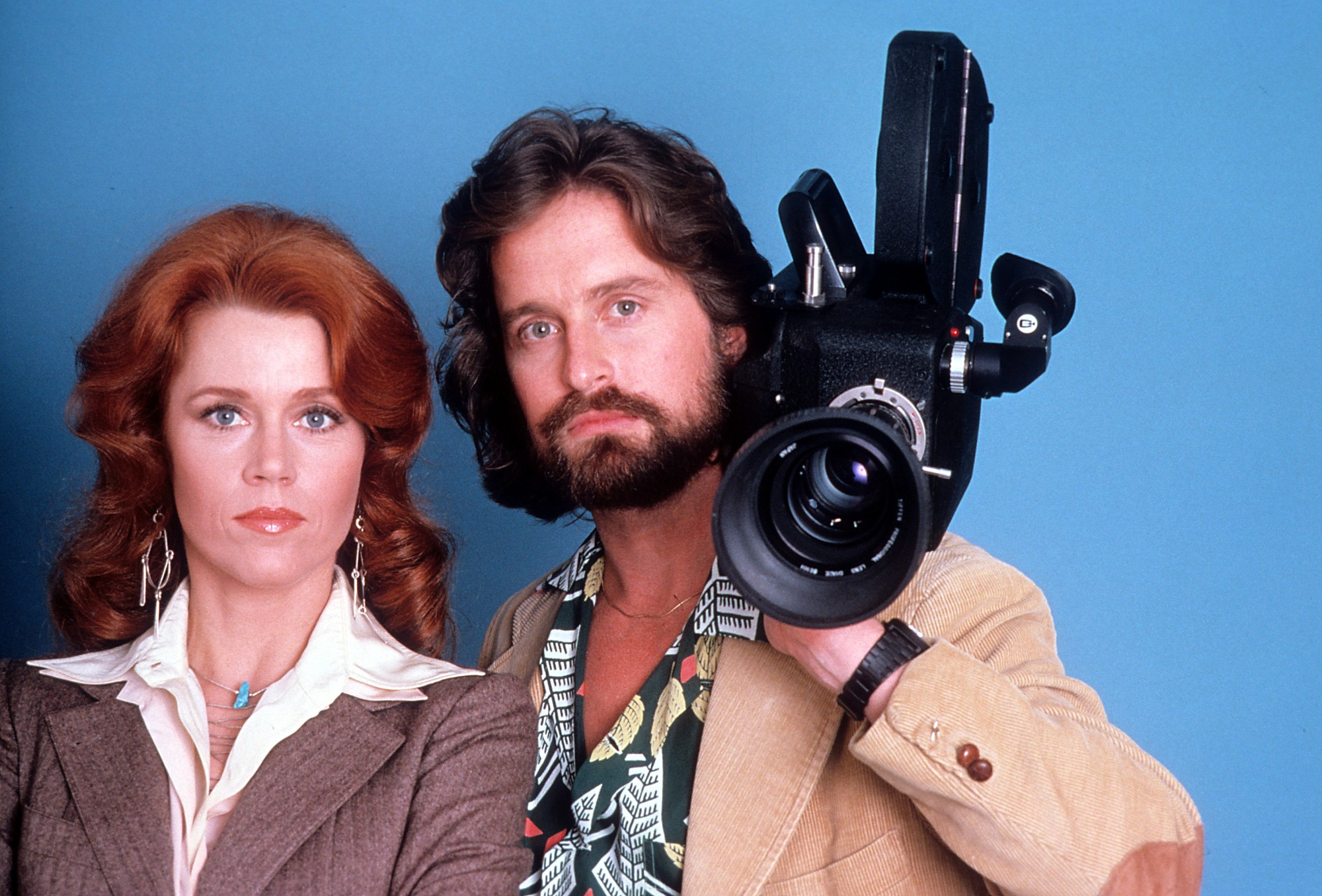
The China Syndrome
Siskel and Ebert hailed The China Syndrome as a gripping thriller with a timely social message about corporate greed and nuclear power dangers. They praised Jane Fonda’s nuanced performance as a journalist uncovering the truth and Jack Lemmon’s riveting portrayal of a conflicted plant manager. Ebert admired the film’s realistic tone and tension, while Siskel highlighted its ability to combine entertainment with a call for accountability. Both agreed that The China Syndrome was an intelligent and thought-provoking film, blending suspense with urgent political commentary. Getty Images / Nostalgic America, Inc.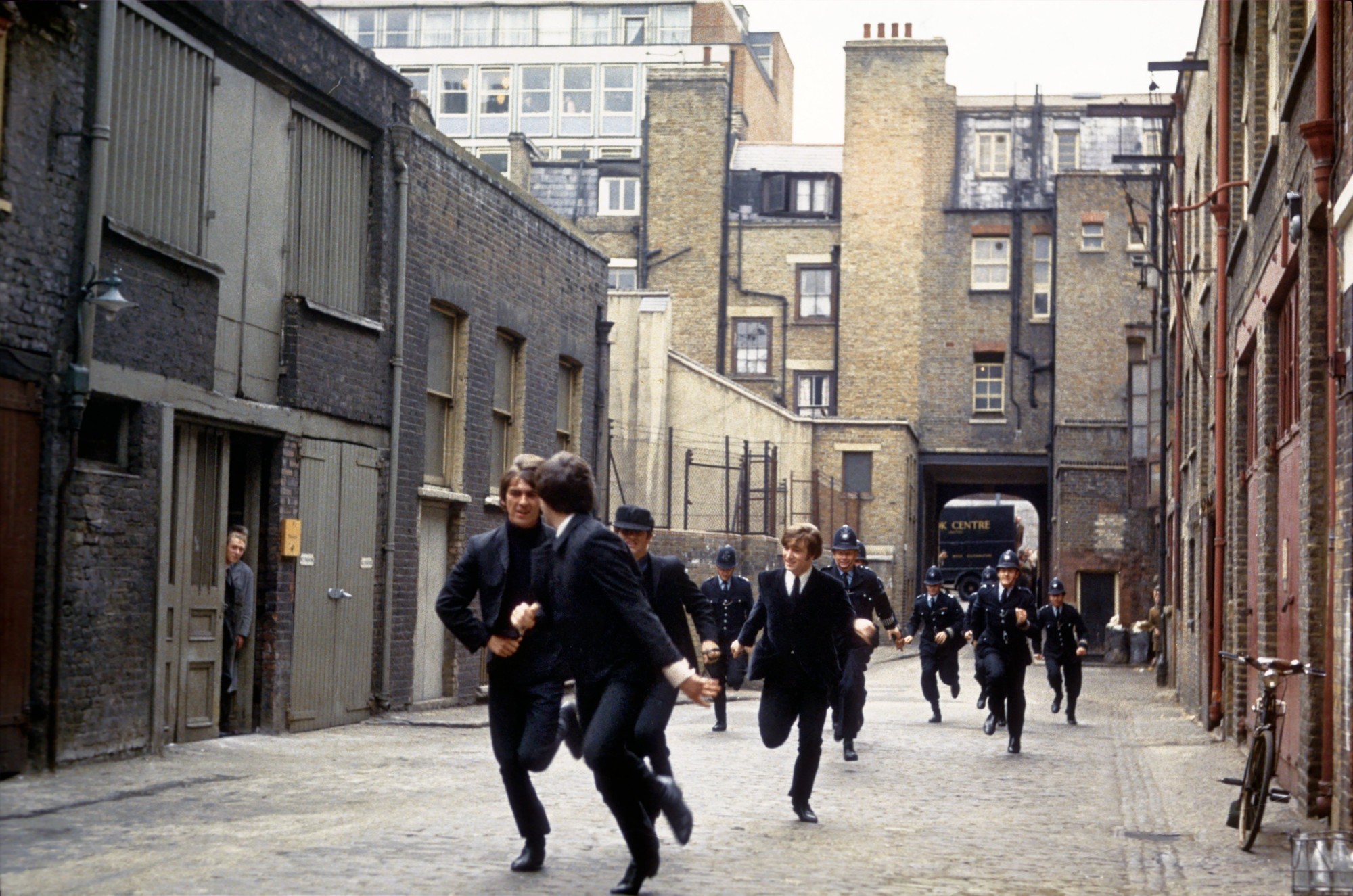
A Hard Day’s Night
The critics celebrated A Hard Day’s Night as a groundbreaking musical comedy that captured the spirit of Beatlemania. Siskel admired its energy and the Beatles’ natural charisma, calling it a “joyous celebration of youth and music.” Ebert highlighted director Richard Lester’s innovative techniques, such as quick cuts and handheld camera work, which added a dynamic feel. Both appreciated how the film went beyond being a simple showcase for the Beatles’ songs, creating a timeless and influential cinematic experience. Getty Images / Nostalgic America, Inc.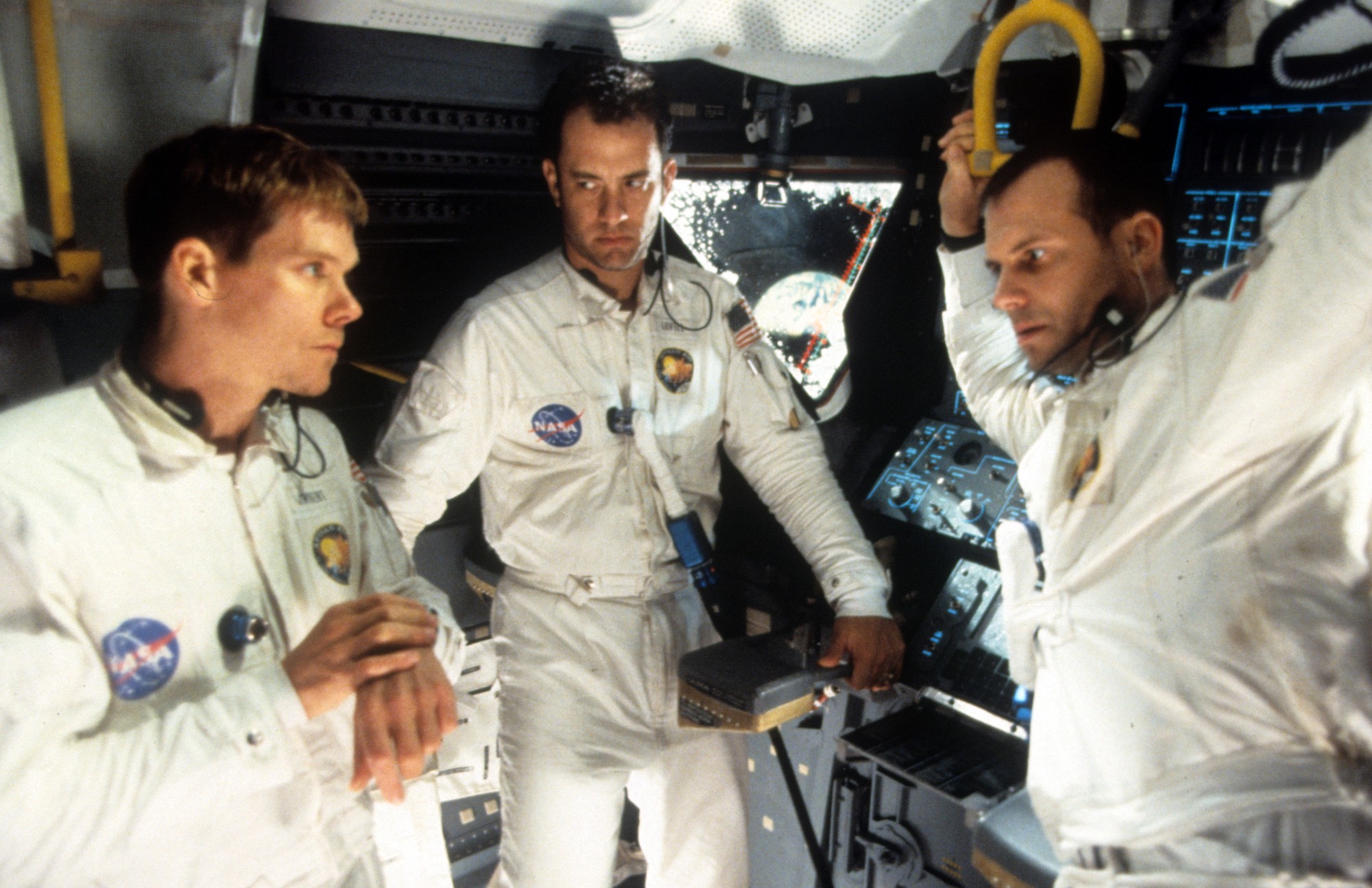
Apollo 13
Siskel and Ebert praised Apollo 13 for its riveting storytelling and meticulous attention to detail. Directed by Ron Howard, the film dramatized the true story of NASA’s near-disastrous moon mission. Ebert highlighted the strong ensemble cast, particularly Tom Hanks, for grounding the high-stakes drama in humanity. Siskel applauded the film’s ability to build tension despite audiences knowing the outcome. Both commended its visual effects and emotional depth, making Apollo 13 an inspiring tribute to teamwork and ingenuity. Getty Images / Nostalgic America, Inc.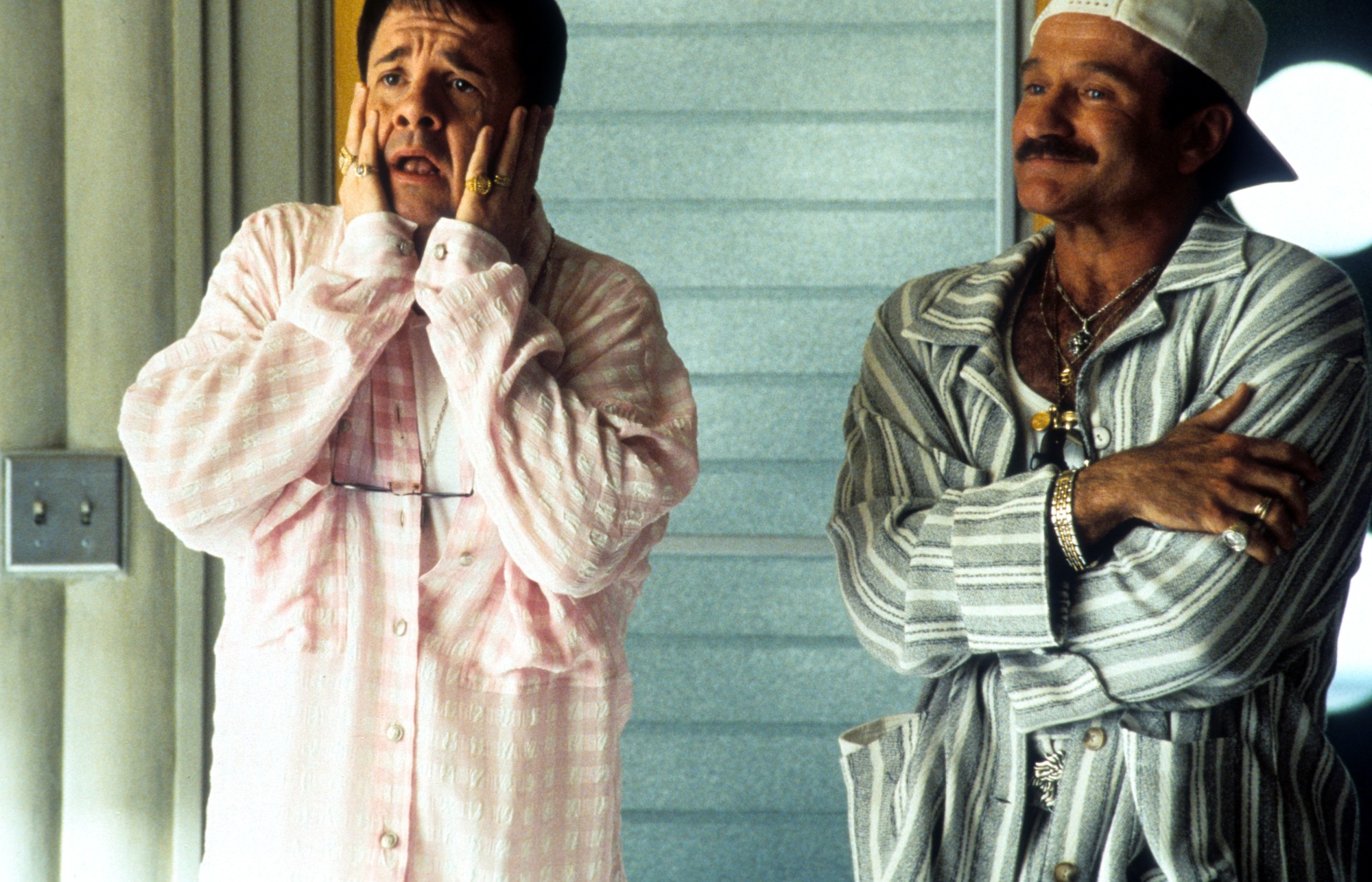
The Birdcage
The critics enjoyed The Birdcage for its sharp humor and strong performances. Robin Williams and Nathan Lane earned praise for their chemistry as a gay couple navigating family dynamics and societal expectations. Ebert admired the film’s lighthearted yet poignant handling of LGBTQ+ themes, while Siskel noted its clever satire of hypocrisy and prejudice. Both agreed that director Mike Nichols brought warmth and wit to the story, making The Birdcage a delightful and meaningful comedy. Getty Images / Nostalgic America, Inc.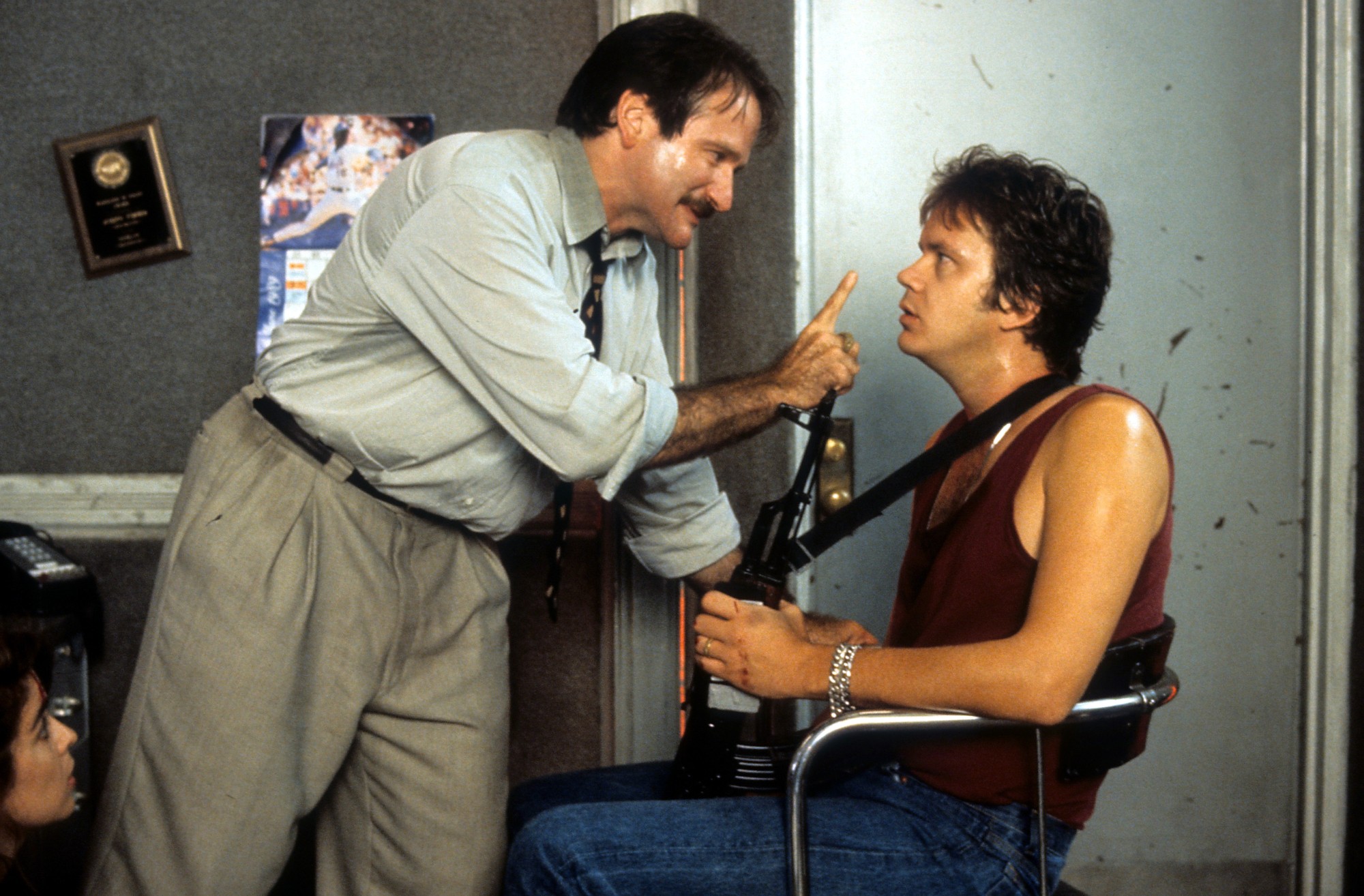
Cadillac Man
Siskel and Ebert were divided on Cadillac Man. Ebert appreciated Robin Williams’ comedic talent and the film’s unique blend of humor and tension, as it follows a car salesman dealing with a hostage situation. Siskel, however, found the tone inconsistent and felt the narrative lacked focus. While both critics acknowledged moments of sharp humor, they agreed that the film failed to fully capitalize on its intriguing premise. Getty Images / Nostalgic America, Inc.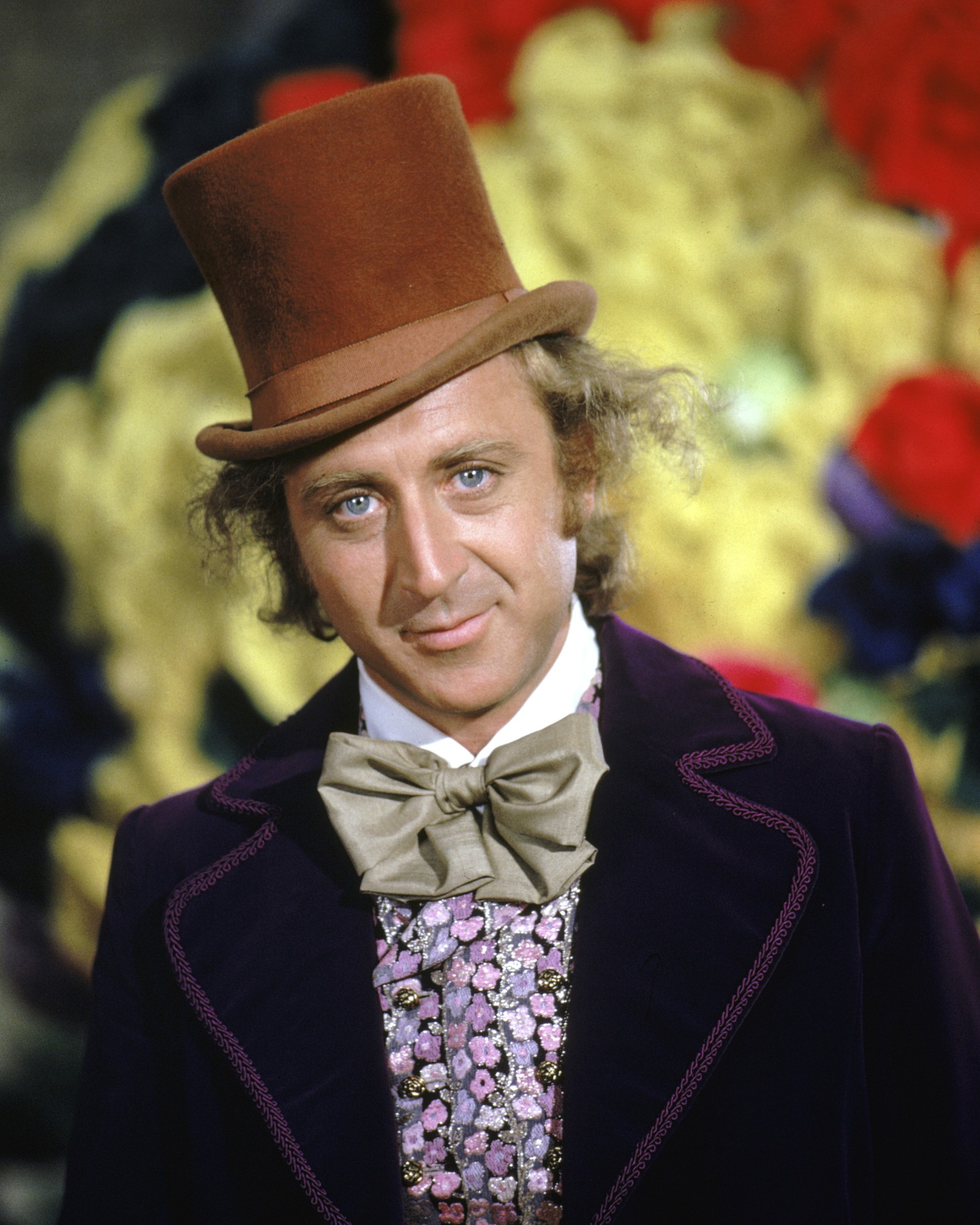
Willy Wonka & the Chocolate Factory
Siskel and Ebert praised Willy Wonka & the Chocolate Factory for its imaginative visuals and Gene Wilder’s mesmerizing performance as the enigmatic Willy Wonka. Ebert admired the film’s whimsical tone and moral lessons, calling it a “delight for children and adults alike.” Siskel highlighted its balance of humor and darker themes, appreciating its faithfulness to Roald Dahl’s novel. Both agreed that the film’s charm and creativity made it a timeless classic. Getty Images / Nostalgic America, Inc.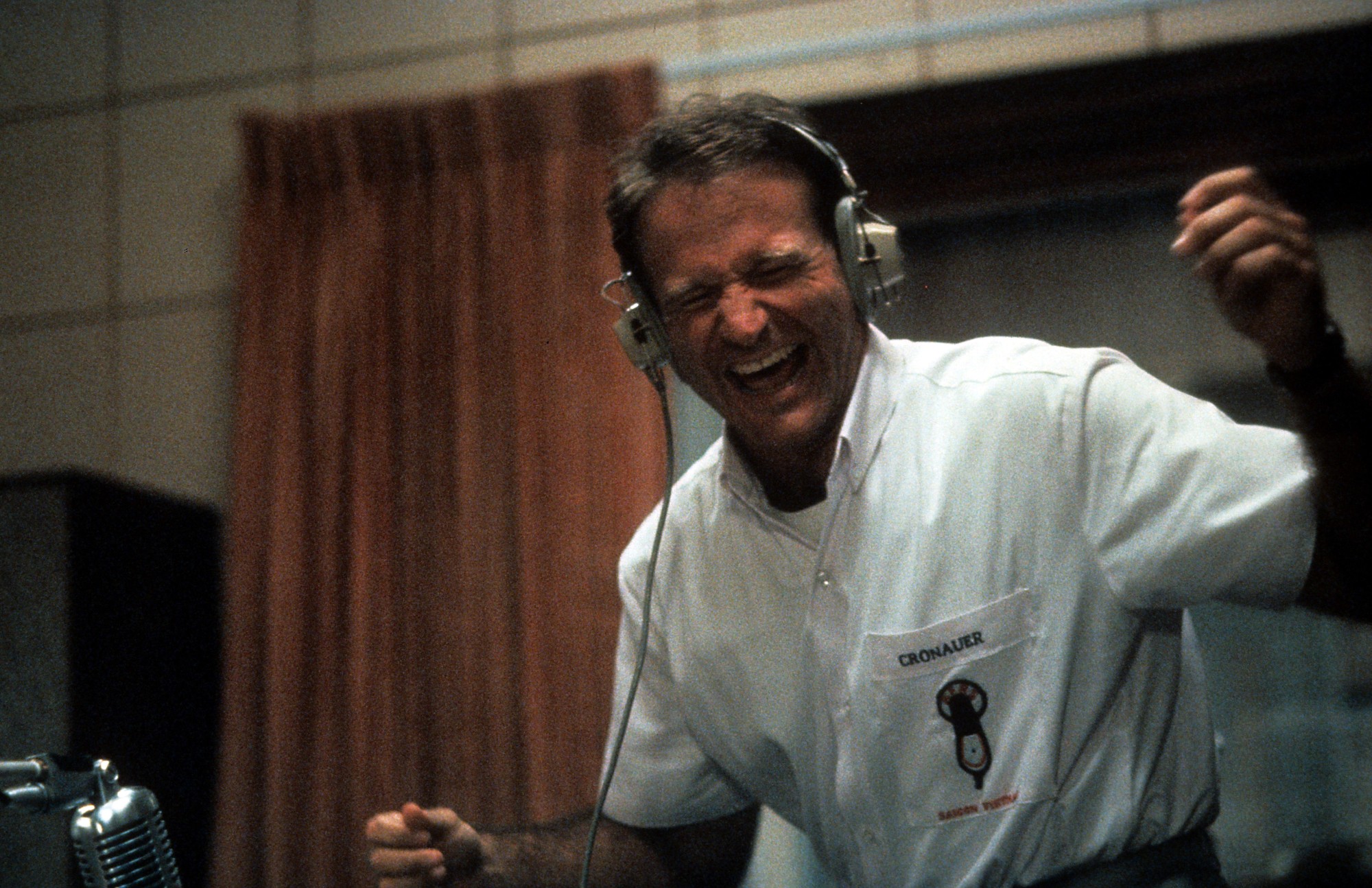
Good Morning, Vietnam
The critics hailed Good Morning, Vietnam as a standout performance for Robin Williams, showcasing his comedic genius and dramatic depth. Siskel praised the film’s ability to blend humor with the sobering realities of war, while Ebert admired how Williams’ improvisational talent elevated the story. Both agreed that the film successfully balanced entertainment with a poignant exploration of censorship and conflict, making it one of the most memorable Vietnam War movies. Getty Images / Nostalgic America, Inc.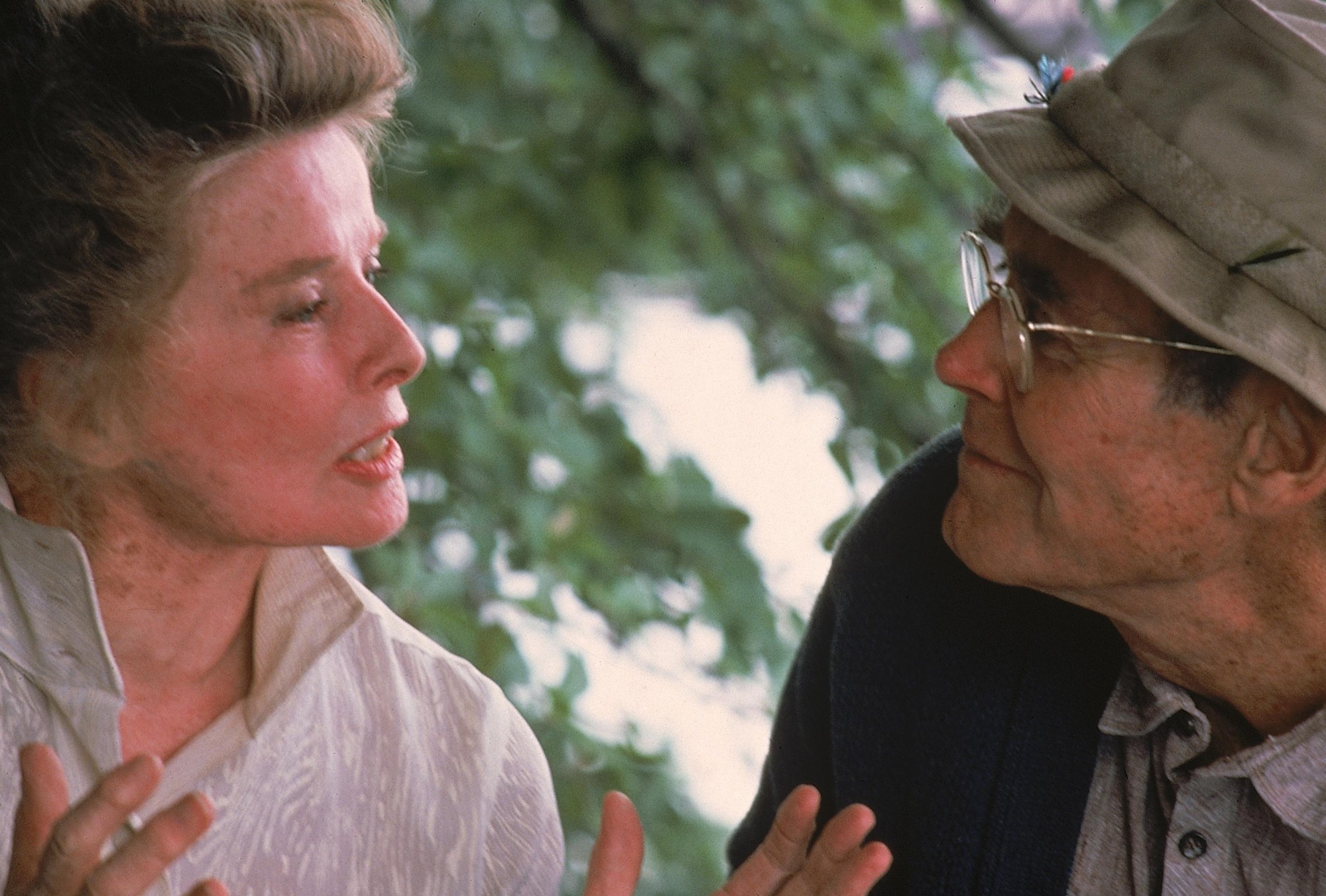
On Golden Pond
Siskel and Ebert commended On Golden Pond for its heartfelt performances by Katharine Hepburn, Henry Fonda, and Jane Fonda. Ebert appreciated the film’s tender exploration of aging and family reconciliation, while Siskel noted the emotional resonance of the father-daughter dynamic. Both critics lauded the script’s wit and sensitivity, calling it a touching and beautifully acted drama. Getty Images / Nostalgic America, Inc.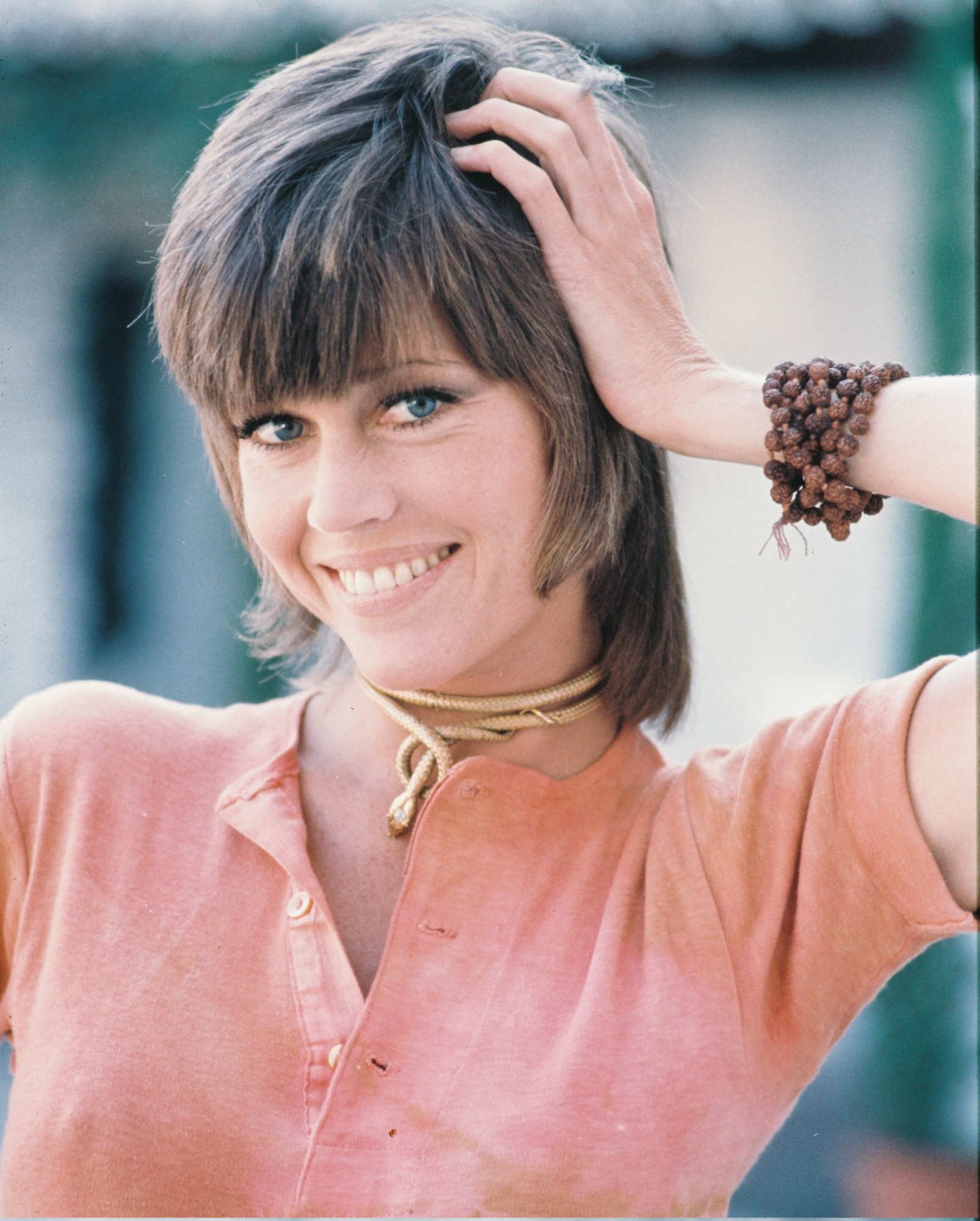
Klute
The critics praised Klute as a gripping psychological thriller elevated by Jane Fonda’s Oscar-winning performance as a troubled call girl. Siskel admired the film’s atmospheric tension and Fonda’s complex portrayal, while Ebert highlighted Donald Sutherland’s understated performance as a detective. Both noted the film’s nuanced exploration of trust and vulnerability, making it a standout in the genre. Getty Images / Nostalgic America, Inc.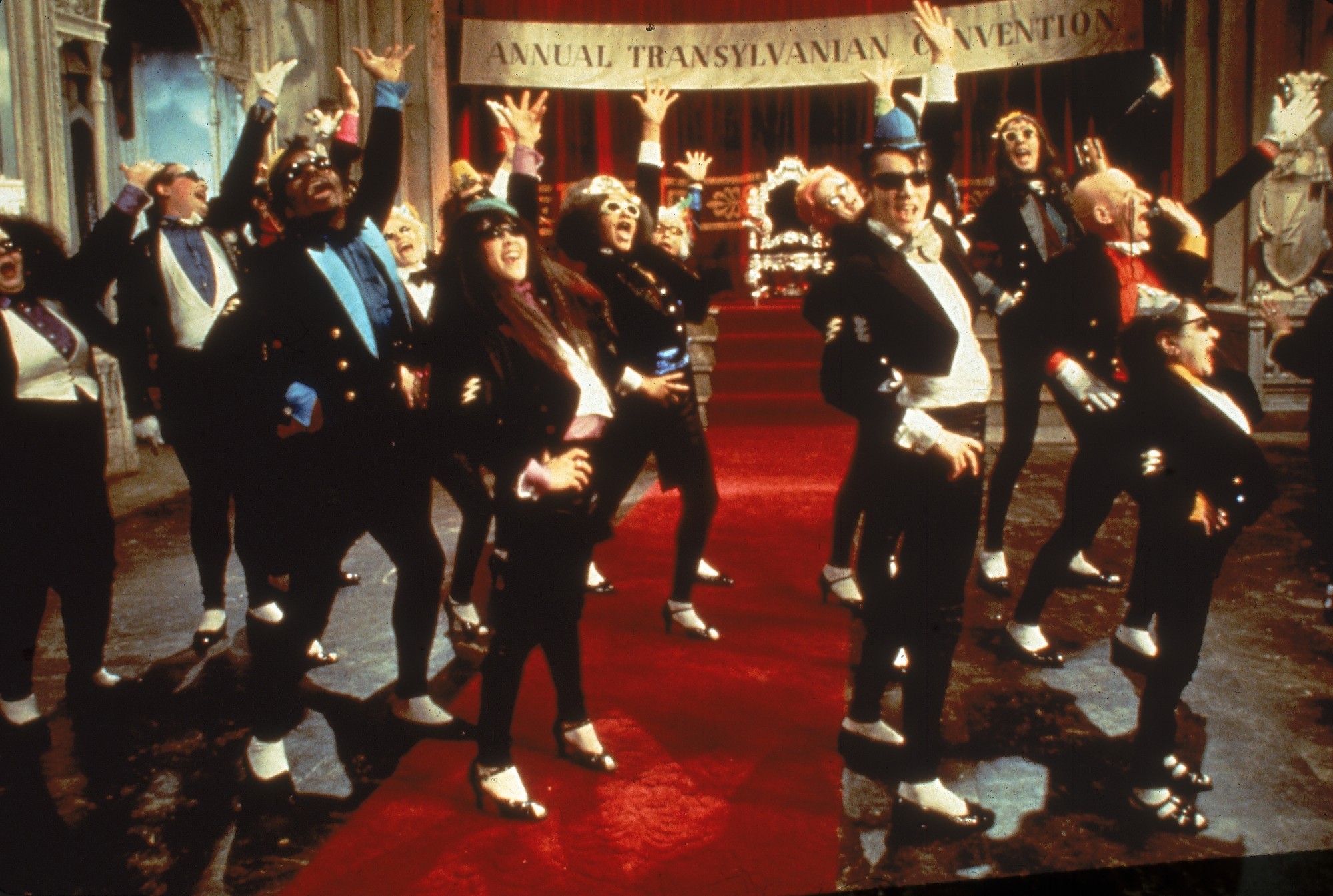
The Last Picture Show
Siskel and Ebert regarded The Last Picture Show as a poignant and beautifully crafted coming-of-age drama. They praised Peter Bogdanovich’s direction and the film’s stark black-and-white cinematography, which captured the fading vitality of a small Texas town. Both critics admired the strong ensemble cast, particularly Cloris Leachman and Ben Johnson. The film’s themes of nostalgia and disillusionment earned their acclaim as one of the decade’s finest works. Getty Images / Nostalgic America, Inc.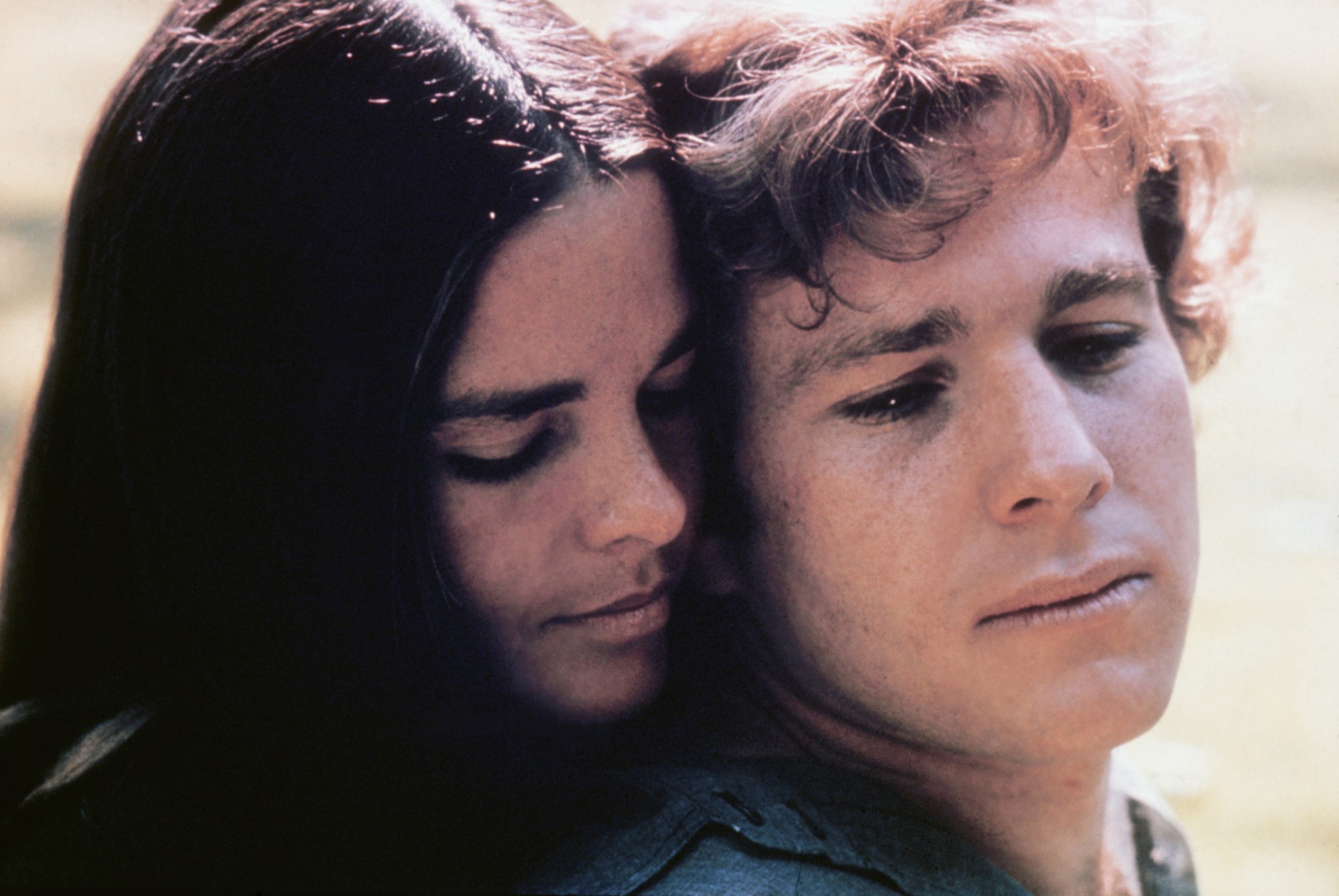
Love Story
While recognizing the cultural impact of Love Story, Siskel and Ebert were less enthusiastic about its melodramatic approach. Siskel acknowledged Ali MacGraw and Ryan O’Neal’s chemistry but criticized the overly sentimental script. Ebert appreciated the film’s emotional resonance for audiences but found its simplicity limiting. Both agreed it was a product of its time, capturing the zeitgeist of romantic tragedy. Getty Images / Nostalgic America, Inc.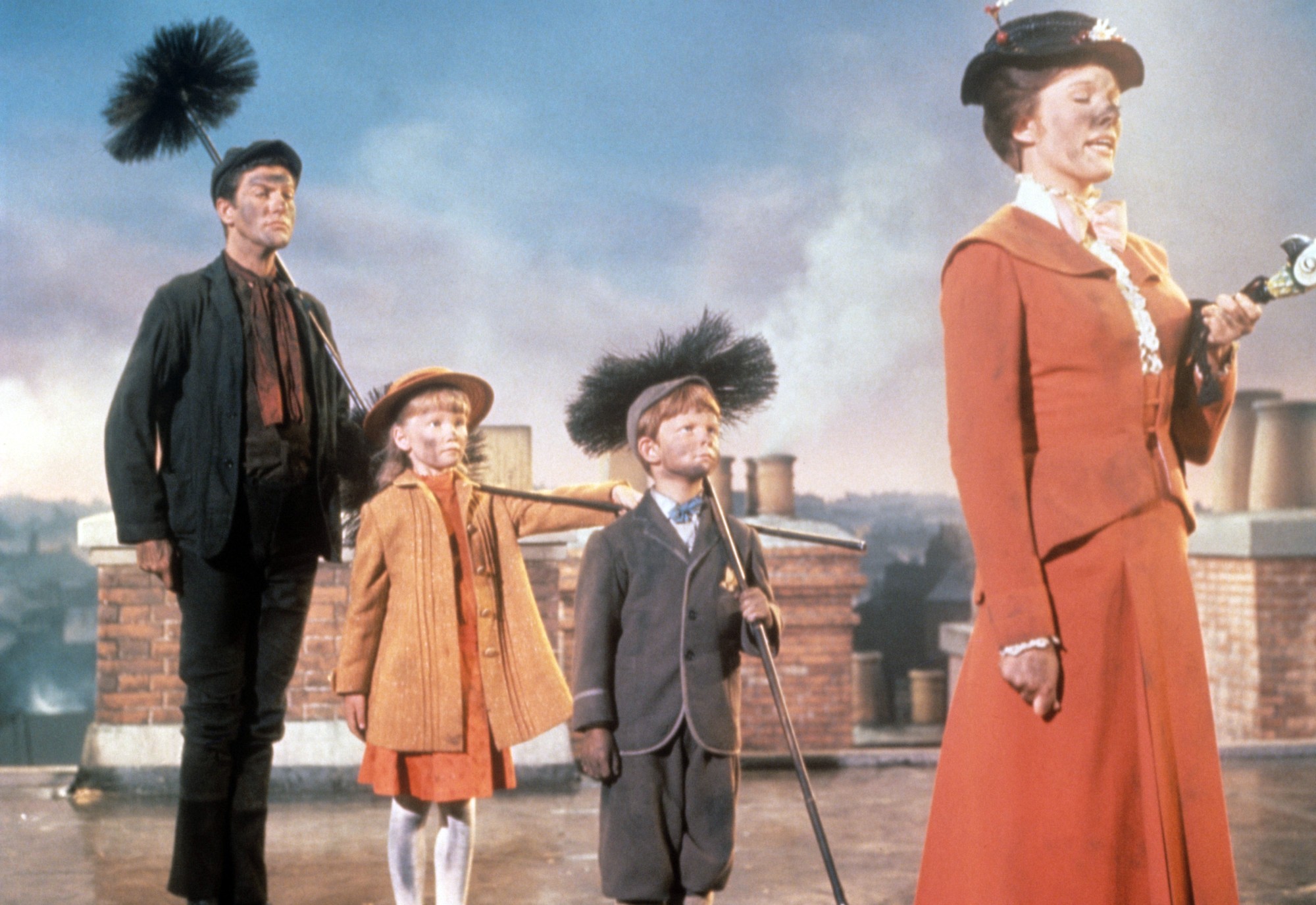
Mary Poppins
Siskel and Ebert celebrated Mary Poppins as a magical blend of live-action and animation, with Julie Andrews’ Oscar-winning performance at its heart. Siskel admired the film’s timeless songs, such as “A Spoonful of Sugar,” while Ebert praised its inventive visuals and heartfelt storytelling. Both considered it a family classic, filled with charm and whimsy. Getty Images / Nostalgic America, Inc.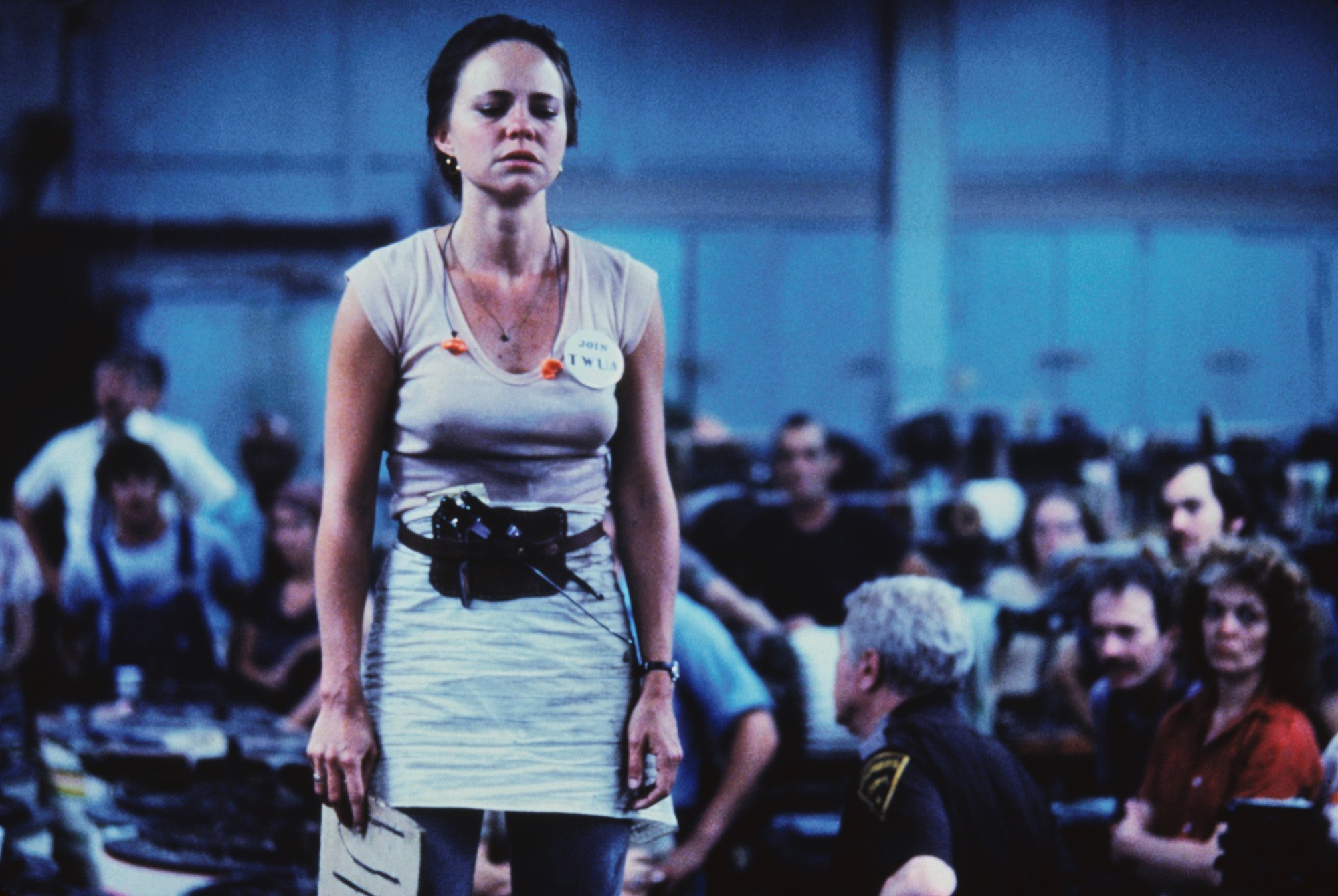
Norma Rae
Siskel and Ebert praised Norma Rae for its powerful social message and Sally Field’s Oscar-winning performance. Siskel admired how the film portrayed the struggles of union organizing with authenticity and heart. Ebert highlighted Field’s transformation into a courageous leader fighting for workers’ rights, calling it one of her most memorable roles. Both critics commended the film’s emotional depth and its ability to make labor issues compelling, emphasizing its relevance and inspiring impact. Getty Images / Nostalgic America, Inc.
Platoon
The critics regarded Platoon as a harrowing and realistic depiction of the Vietnam War. Directed by Oliver Stone, the film earned high praise for its raw storytelling and complex character dynamics. Siskel highlighted its emotional intensity and the moral ambiguity faced by soldiers. Ebert praised the performances of Charlie Sheen, Willem Dafoe, and Tom Berenger, as well as the visceral authenticity of Stone’s direction. Both agreed that Platoon was a landmark war film, offering an unflinching look at the psychological toll of combat. Getty Images / Nostalgic America, Inc.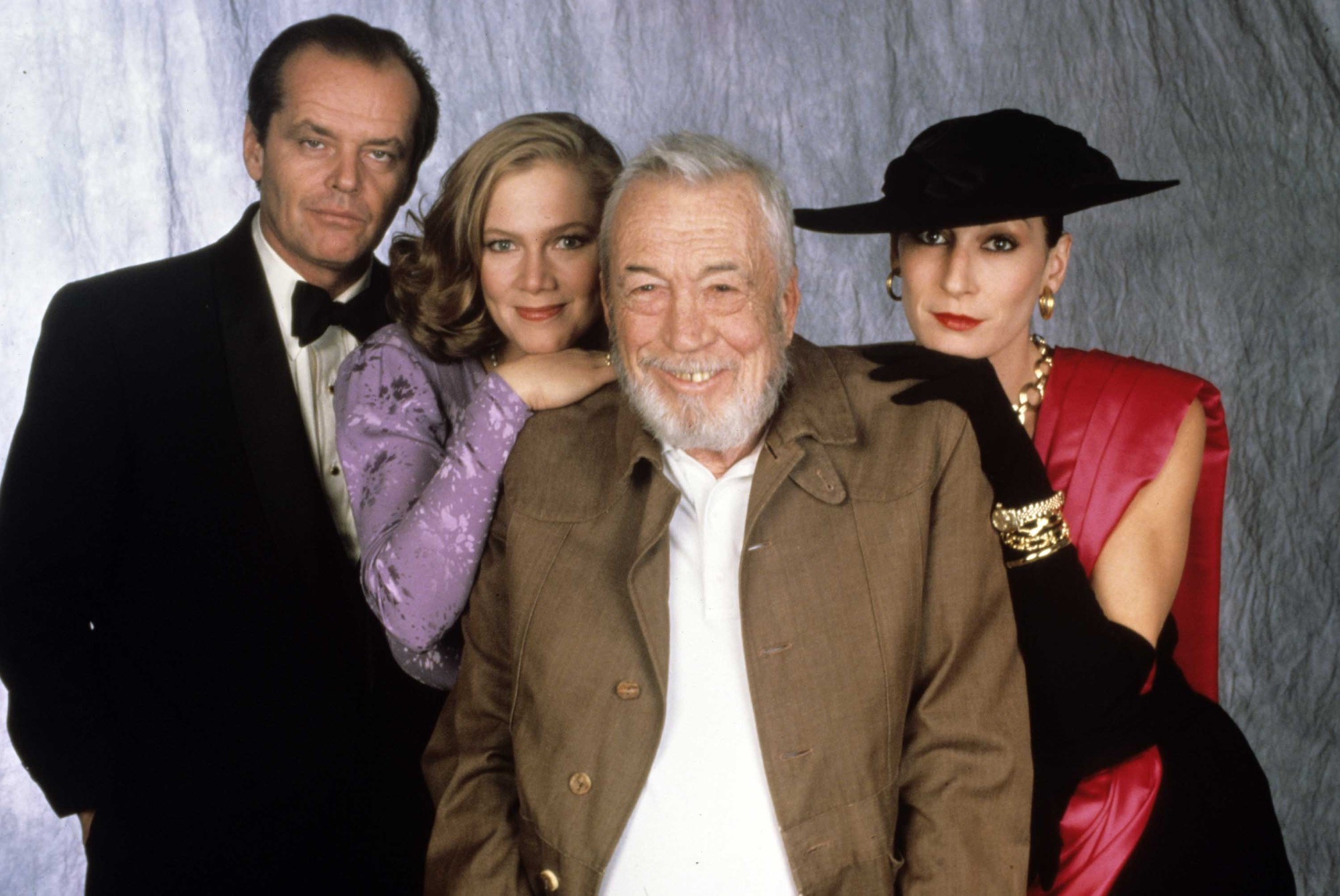
Prizzi’s Honor
Siskel and Ebert applauded Prizzi’s Honor for its dark humor and sharp performances. They praised Jack Nicholson and Kathleen Turner’s chemistry as lovers caught in a web of crime and betrayal. Ebert highlighted John Huston’s direction, which blended romance and satire with a gangster backdrop. Siskel admired the film’s witty dialogue and unconventional approach to the genre. Both agreed that Prizzi’s Honor was a clever and stylish black comedy. Getty Images / Nostalgic America, Inc.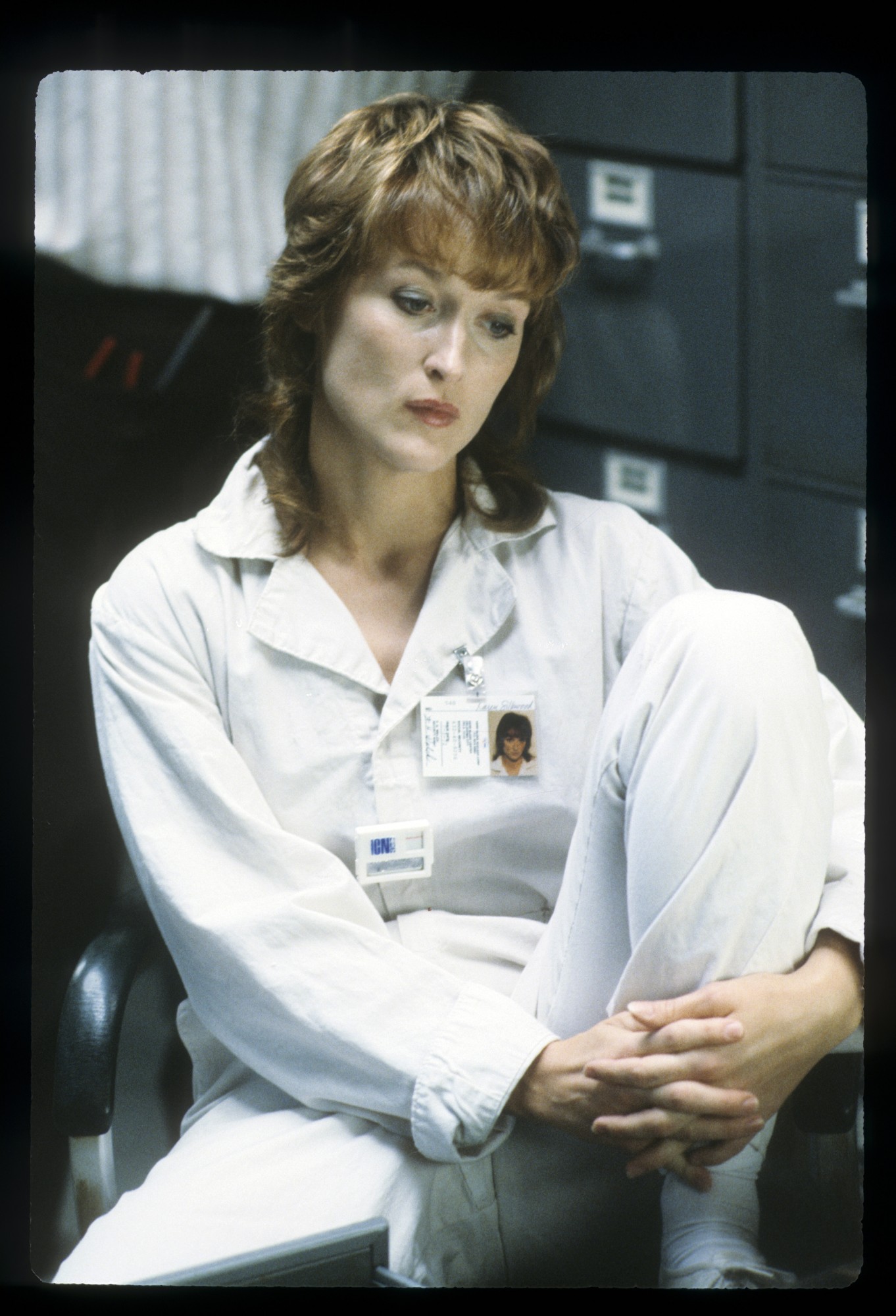
Silkwood
The critics praised Silkwood for its compelling storytelling and Meryl Streep’s riveting portrayal of Karen Silkwood, a whistleblower in the nuclear industry. Siskel admired the film’s balance of suspense and character depth, while Ebert commended its exploration of corporate corruption. Both noted the strong supporting performances by Kurt Russell and Cher, as well as director Mike Nichols’ ability to create tension and emotional resonance. Silkwood was hailed as an important and thought-provoking drama. Getty Images / Nostalgic America, Inc.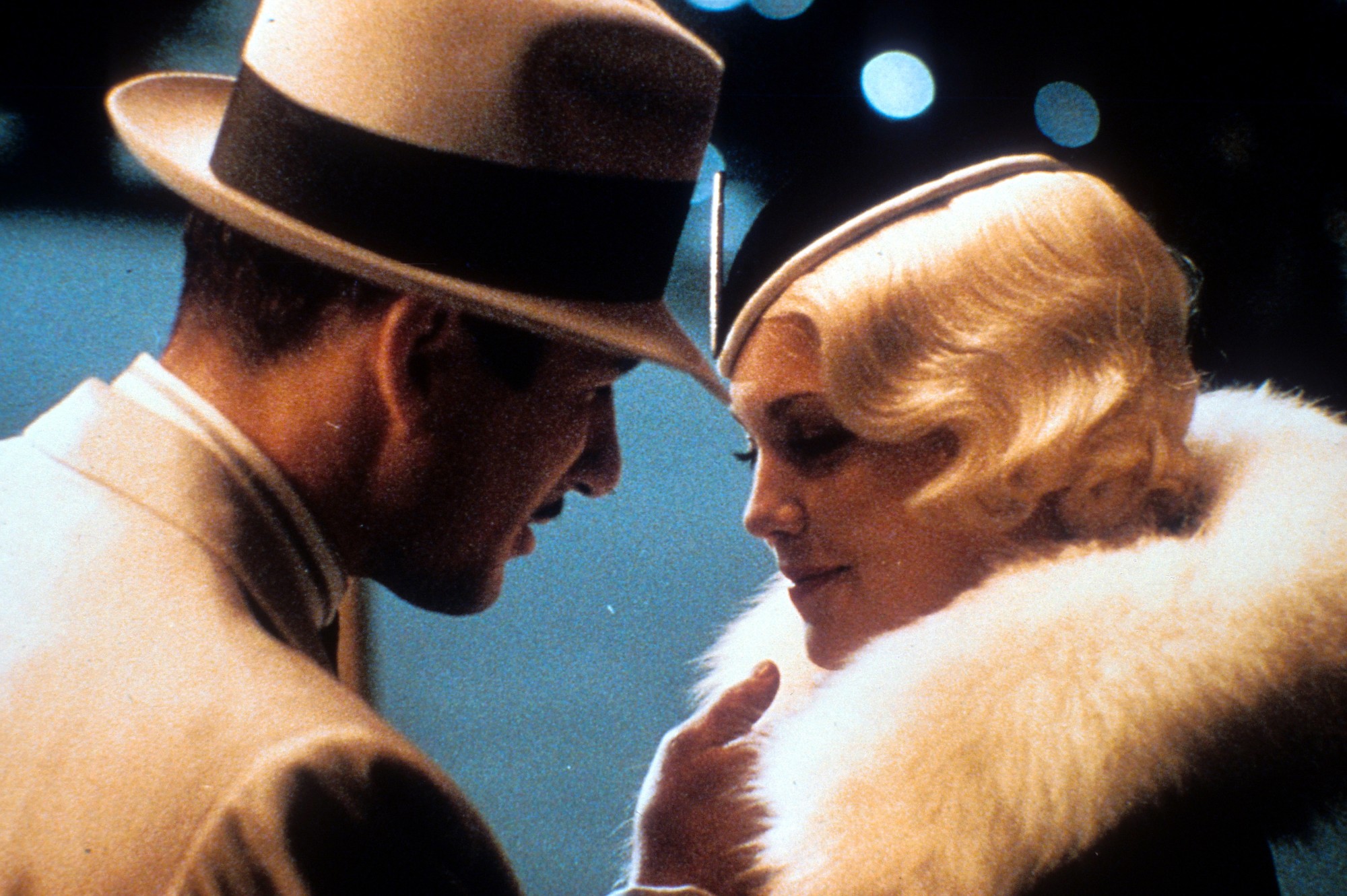
The Cotton Club
Siskel and Ebert were divided on The Cotton Club. Ebert appreciated Francis Ford Coppola’s lush visuals and the film’s recreation of Harlem’s jazz era, praising the musical numbers and atmosphere. Siskel, however, felt the narrative was muddled, with the crime subplot detracting from the film’s focus. Both agreed that while the production design and performances were strong, the movie fell short of its potential as a cohesive historical drama. Getty Images / Nostalgic America, Inc.